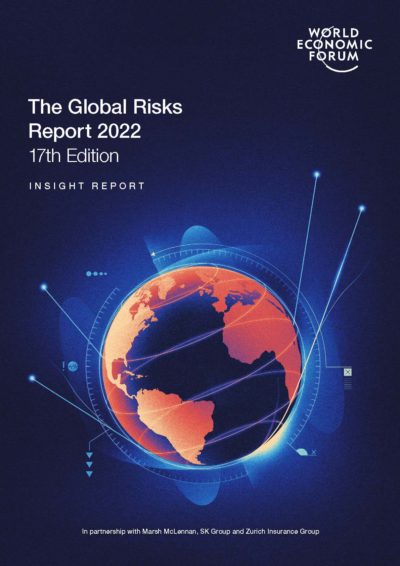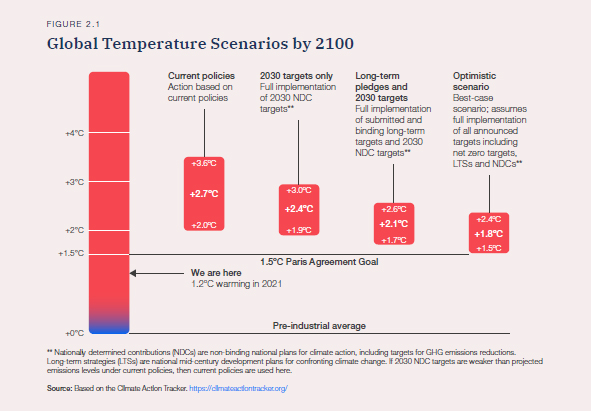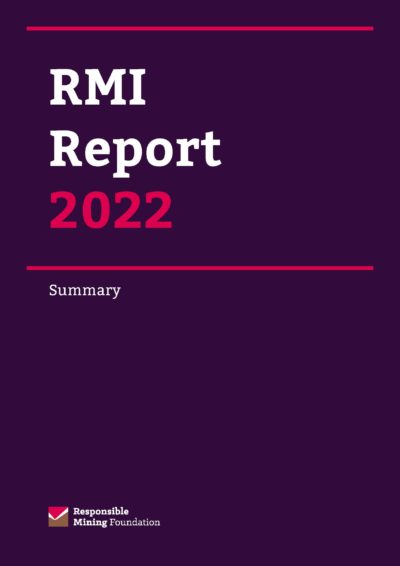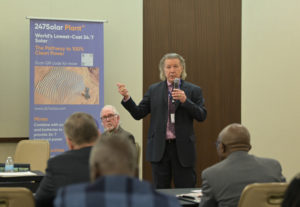
“The Stone Age did not end for lack of stone. The Oil Age will end long before the world runs out of oil” [Ahmed Zaki Yamani, Former Saudi Mininister of Petroleum & Mineral Resources (1962- 1986)
World Economic Forum: Risks and Opportunities in the Climate Transition
Commitments to Date are Insufficient
 The recent Global Risks Report 2022 from the World Economic Forum cites both alarming trends and enormous opportunities. It paints an uncertain picture of the climate-driven transition away from fossil fuels between now and 2050.
The recent Global Risks Report 2022 from the World Economic Forum cites both alarming trends and enormous opportunities. It paints an uncertain picture of the climate-driven transition away from fossil fuels between now and 2050.
First the bad news. Under current policies, the WEF projects that average global temperatures will rise between 2.0 and 3.6℃ by 2021, with a most likely scenario of around 2.7℃.
This is far off from the Paris Agreement goal of 1.5℃ by the end of the century, and has the potential, say the authors, to produce “environmental adjustments and cataclysmic feedback loops that will push ecosystems beyond tipping points.”
 Such is the concern that respondents to the Global Risks Perception Survey on which the report is based rank climate action failure as “the most critical threat to the world in both the medium term (2–5 years) and long term (5–10 years), with the highest potential to severely damage societies, economies, and the planet.”
Such is the concern that respondents to the Global Risks Perception Survey on which the report is based rank climate action failure as “the most critical threat to the world in both the medium term (2–5 years) and long term (5–10 years), with the highest potential to severely damage societies, economies, and the planet.”
The good news is that the transition to net-zero also has the potential to be “as transformative for economies and societies as past industrial revolutions.”
And money is starting to talk. “The rise of stakeholder capitalism, shareholder activism, and increased appetite from companies to use environmental, social and governance (ESG) targets and metrics, coupled with ESG-based investments, is re-shaping the financial and economic landscape, and an increasing number of organizations are committing to decarbonize their operations. As banks, insurers, and institutional investors are steering capital towards net zero, financial systems are rapidly emerging as critical enablers of the transition.”
Part of the impact of increased investment in decarbonization, the authors assert, is that up to 40 million new jobs could be created, mostly in renewables. While this will make an accelerated energy transition economically as well as environmentally beneficial, the authors caution against overly rapid termination of fossil-based industries that could “trigger economic volatility and increase societal and geopolitical tensions.”
The WEF report covers the spectrum of global risks beyond environmental factors and can be downloaded here.
Mine Power – Mixed Results on ESG Reports Responsible Mining Foundation
 Just out: the RMI (Responsible Mining Index) Report 2022 from the Responsible Mining Foundation. RMF is an independent research organization that each year publishes an evidence-based assessment of 40 large mining companies’ policies and practices on economic, environmental, social, and governance (ESG) issues, and a separate assessment of 250 individual mine sites.
Just out: the RMI (Responsible Mining Index) Report 2022 from the Responsible Mining Foundation. RMF is an independent research organization that each year publishes an evidence-based assessment of 40 large mining companies’ policies and practices on economic, environmental, social, and governance (ESG) issues, and a separate assessment of 250 individual mine sites.
The report cites notable improvements among many companies, particularly those that received lower scores in previous years. However, much of the progress that has taken place has occurred at the corporate level without being reflected by the same extent in mine-site level execution.
“It is at mine-site level,” the authors state, “that ESG issues matter most – for local stakeholders who risk exposure to harmful impacts, for investors who need to know about asset-level risks, for Board members and senior executives to know if risks are being well managed, and for companies seeking to show respect for their neighbors and host communities.”
Read the full RMI Report 2022 here.

(Joy Asico / Asico Photo)
March was a busy month for 247Solar and CEO Bruce Anderson. It was great to attend the Powering Africa Summit in Washington D.C, our first in-person conference since 2020. There, Bruce presented the concept of Green Economic Development Zones. PV, wind, and batteries located close to the customer are augmented by modular, scalable 247Solar Plants™, which provide super-reliable, clean baseload power and industrial-grade heat essential for attracting industries and creating jobs in remote areas poorly served, or not served at all, by existing grids.
Click below to watch a reprise of his conference presentation.
Here are links to additional presentations from recent virtual conferences:
- Goodbye Gensets – A Roadmap to Zero Carbon Mining; Energy and Mines Africa Virtual Summit – February 22-23, 2022
- Panel Discussion: African Off-Grid Potential, The New Frontier for Business; Africa Energy Indaba – March 1-3, 2022